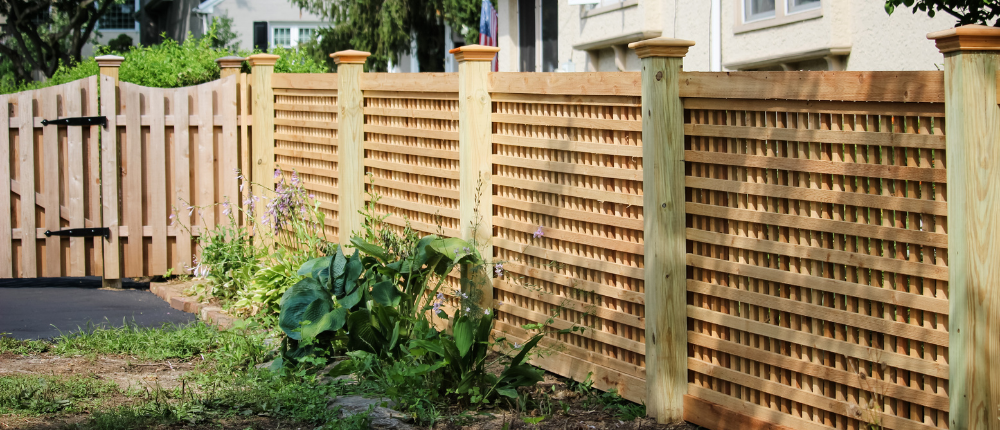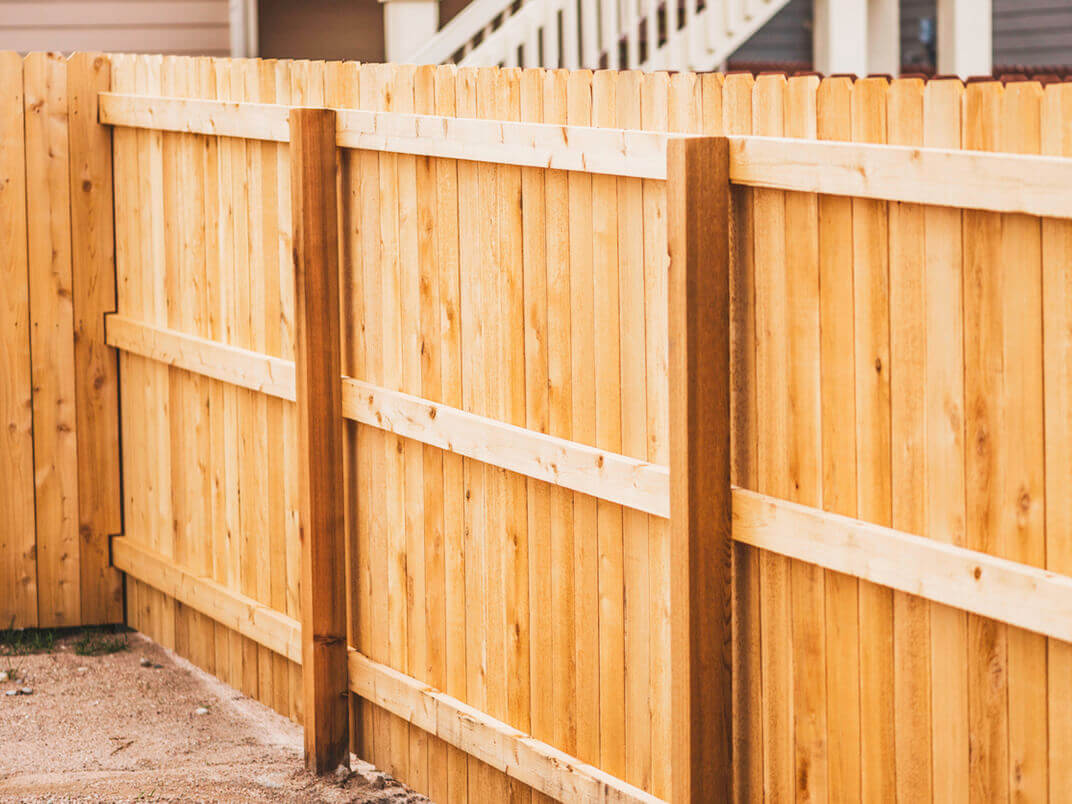All Categories
Featured

When planning to mount a fence around your home, among the first steps is comprehending the allowing requirements in your area. While the procedure might seem straightforward, local laws can vary greatly depending upon where you live. Securing the appropriate licenses before beginning the installment is essential to stay clear of possible fines, disputes with next-door neighbors, or perhaps needing to eliminate your fence. Here's what you need to understand about obtaining the necessary licenses for your fencing installation.
Why Do You Required a Permit for a Fence? An authorization is often needed for fence installations to make sure conformity with regional building ordinance, zoning regulations, and security laws. Permitting helps regional authorities maintain harmony in community visual appeals, safety and security, and environmental considerations. It additionally makes sure that the fence does not interfere with energy lines or public areas, and that it abides by elevation and limit limitations.

Usual Authorizations Required for Fence Setup. Structure Permit. Most areas require a building license for fencing installation, particularly if the fence exceeds a certain elevation (generally over 6 feet) or is made from non-standard materials. This authorization makes certain that your fencing abides by local building regulations. In some areas, the building department will certainly inspect the website to make sure that the fence satisfies security and structural requirements.
Zoning Authorization. Zoning licenses are created to guarantee that your fencing sticks to regional zoning regulations, consisting of troubles from property lines, easements, and rights-of-way. Zoning legislations differ from city to city, and sometimes, your fencing might require to be set back a particular variety of feet from the pathway or road. A zoning authorization might additionally be required if your fencing remains in a historic district or other specially marked areas.

Fencing Authorization. In some areas, a particular "fencing license" may be needed. Some cities limit chain-link fences in front yards or have certain policies for personal privacy fencings.
HOA Approval. If your home is component of a property owners organization (HOA), you may need authorization prior to installing a fencing. HOA guidelines usually include specific policies about the kind, elevation, color, and products for fences to maintain the area's aesthetic appeals. HOA guidelines can be stricter than city codes, so constantly examine their standards before moving forward.
Easement or Utility Authorizations. If your fence will be near or across an easement (such as an energy easement), you may need to get consent from the energy business or various other entities that manage the land. This is specifically crucial if you plan to dig for fencing messages, as it guarantees you won't harm below ground utilities like water, power, or gas lines.
Just How to Discover What Allows Are Called for. The very best means to determine which permits are necessary for your fencing setup is to call your neighborhood structure department or municipal workplace. They can provide you with certain info regarding demands in your area. Here are a couple of steps you can require to learn:
Examine the City or County Website: Lots of city governments offer details concerning fence installation allows online. Search for structure or zoning sections on their website. Call or Visit City Government Workplaces: If the information is not conveniently offered online, calling or checking out the neighborhood office personally can clarify what's needed. Seek Advice From a Professional Specialist: If you're overwhelmed or unclear by the procedure, a regional professional or fencing setup firm can help in navigating the permitting process, as they know with local regulations. What Occurs If You Do Not Get a Permit? Failing to obtain the essential permits can result in a range of effects. In many areas, you might deal with fines, and your fencing could be bought to be removed. Furthermore, if you offer your building in the future, the lack of proper licenses might be a warning for buyers and affect the sale. Permitting guarantees that your fence is compliant and aids prevent future difficulties.
Conclusion. Before mounting a fence around your residential or commercial property, it's important to examine whether an authorization is called for in your area. Building permits, zoning authorizations, HOA approval, and utility permissions might all contribute in your fencing installation procedure. Making the effort to research study and get the needed permits will certainly not only ensure that you're following neighborhood laws, however also help secure your investment and preserve the honesty of your property.
Latest Posts
Reasons Consistent Vehicle Maintenance at Montclare Auto Repair Reduces Costs
Published en
1 min read
Secure Your Financial Investment with Expert Rain Gutter Installation
Published en
1 min read
Discover Cut Costs on Car Maintenance with Montclare Auto Repair’s Special Deals
Published en
1 min read
More
Latest Posts
Reasons Consistent Vehicle Maintenance at Montclare Auto Repair Reduces Costs
Published May 30, 25
1 min read
Secure Your Financial Investment with Expert Rain Gutter Installation
Published May 27, 25
1 min read
Discover Cut Costs on Car Maintenance with Montclare Auto Repair’s Special Deals
Published May 27, 25
1 min read